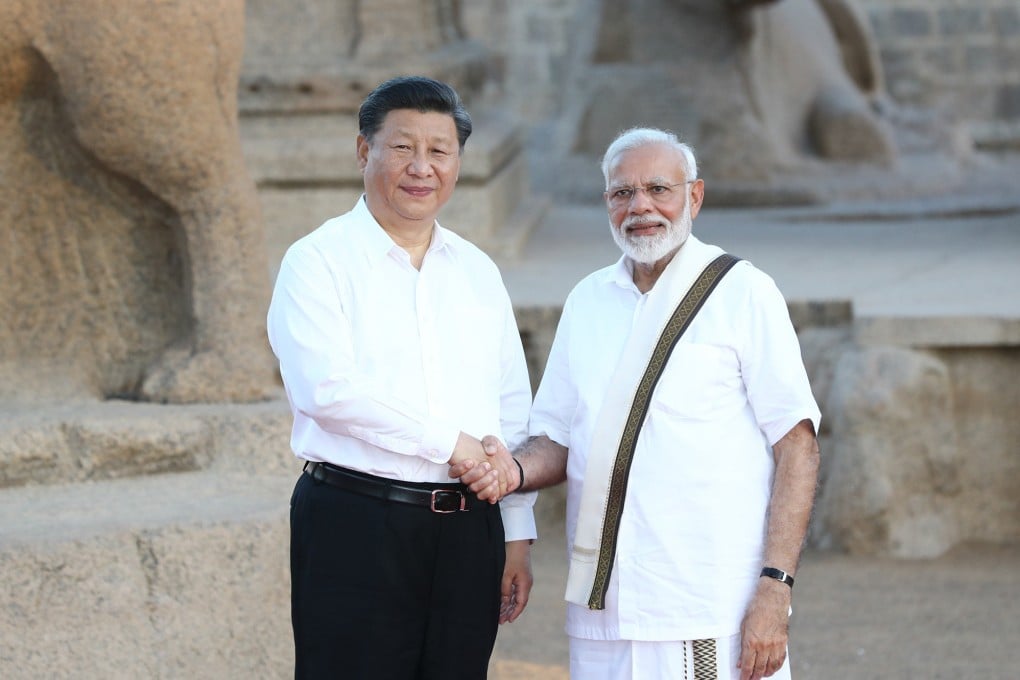Advertisement
Opinion | An India-China thaw may be on the horizon if Modi is re-elected
- Incidents along the border, particularly since 2017, have tested the limits of both nations’ strategic patience
- But if Modi wins a third term, he may be motivated to seek a thaw and improve his legacy as a statesman
Reading Time:3 minutes
Why you can trust SCMP
6

India is in the midst of a pivotal general election. The potential continuity of Prime Minister Narendra Modi’s leadership could spark a renewed debate on the trajectory of India’s relations with China.
Advertisement
Over the past decade, ties between the two Asian giants have been characterised by a complex interplay of cooperation and competition, marked by diplomatic engagements at the highest levels and border stand-offs underscoring enduring tensions.
There have been several incidents that have tested the limits of both nations’ strategic patience. The 73-day military stand-off in Doklam in 2017, triggered by China extending a road into the disputed territory, brought the two nuclear-armed neighbours perilously close to an armed conflict. Violent clashes in the Galwan Valley of Ladakh in 2020, which resulted in casualties on both sides, exacerbated bilateral tensions.
When Modi met Chinese President Xi Jinping on the sidelines of the 2016 G20 summit in Hangzhou, he voiced India’s objections to the China-Pakistan Economic Corridor (CPEC) passing through the Pakistan-administered portion of Kashmir, which India also claims.
Despite these flare-ups, there have been concerted efforts to foster dialogue and diplomacy. When Modi met Xi at an informal summit in Wuhan in 2018, against the backdrop of the Doklam conflict, the leaders resolved to provide strategic guidance to their armed forces, to enhance communication and foster trust.
Advertisement
The following year, Xi visited Mamallapuram in Tamil Nadu for a second informal summit focused on enhancing bilateral relations and increasing cooperation. However, these engagements have yet to yield tangible results, and the issues fuelling mistrust remain unresolved.

Advertisement
